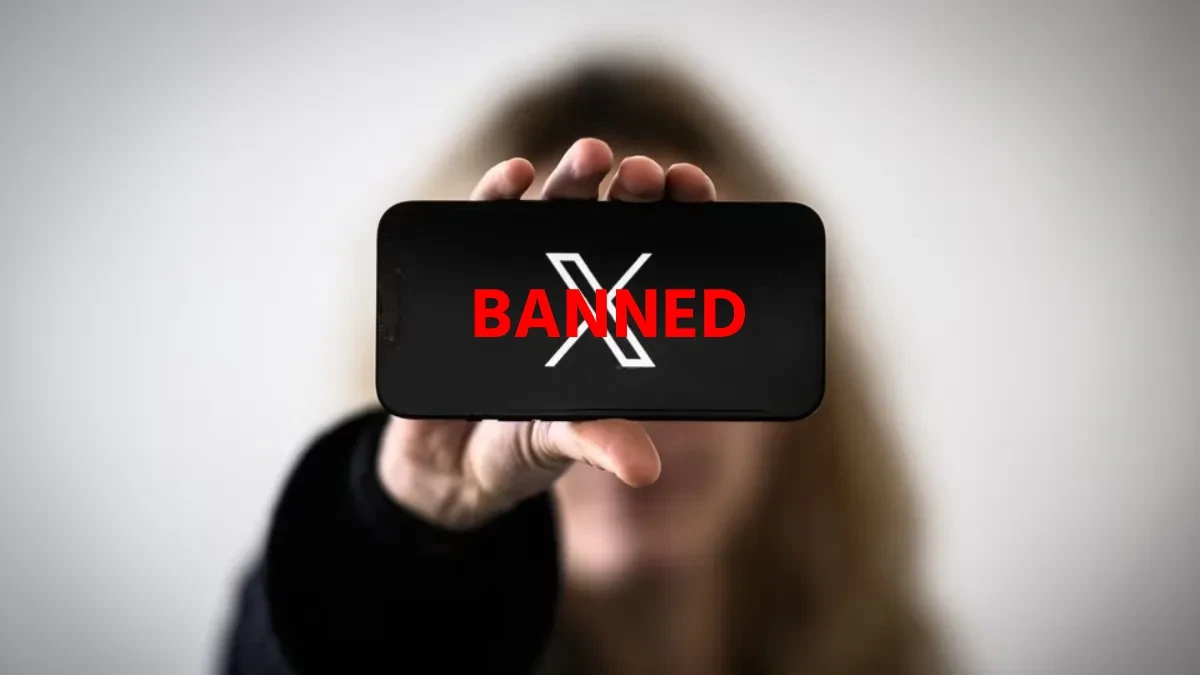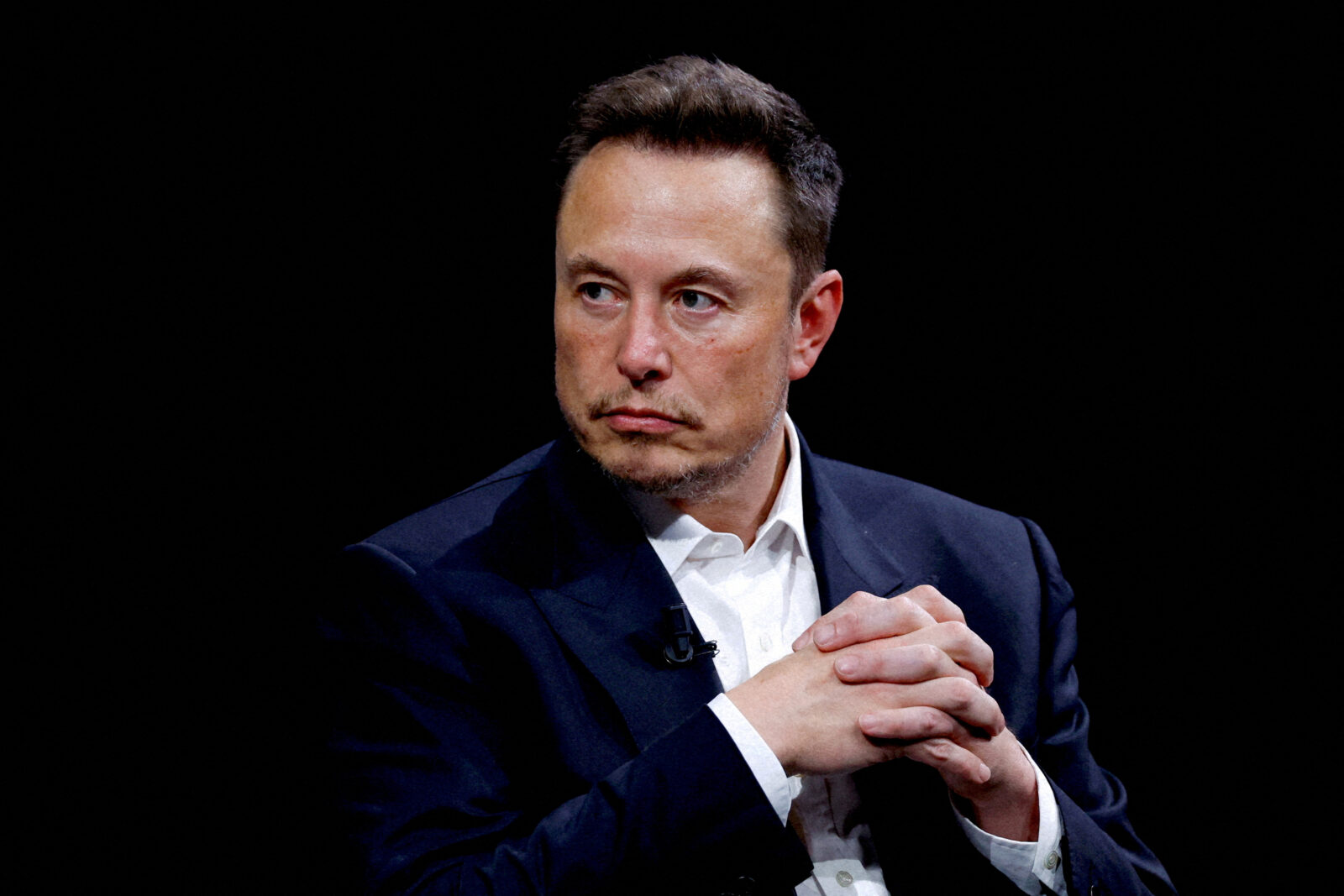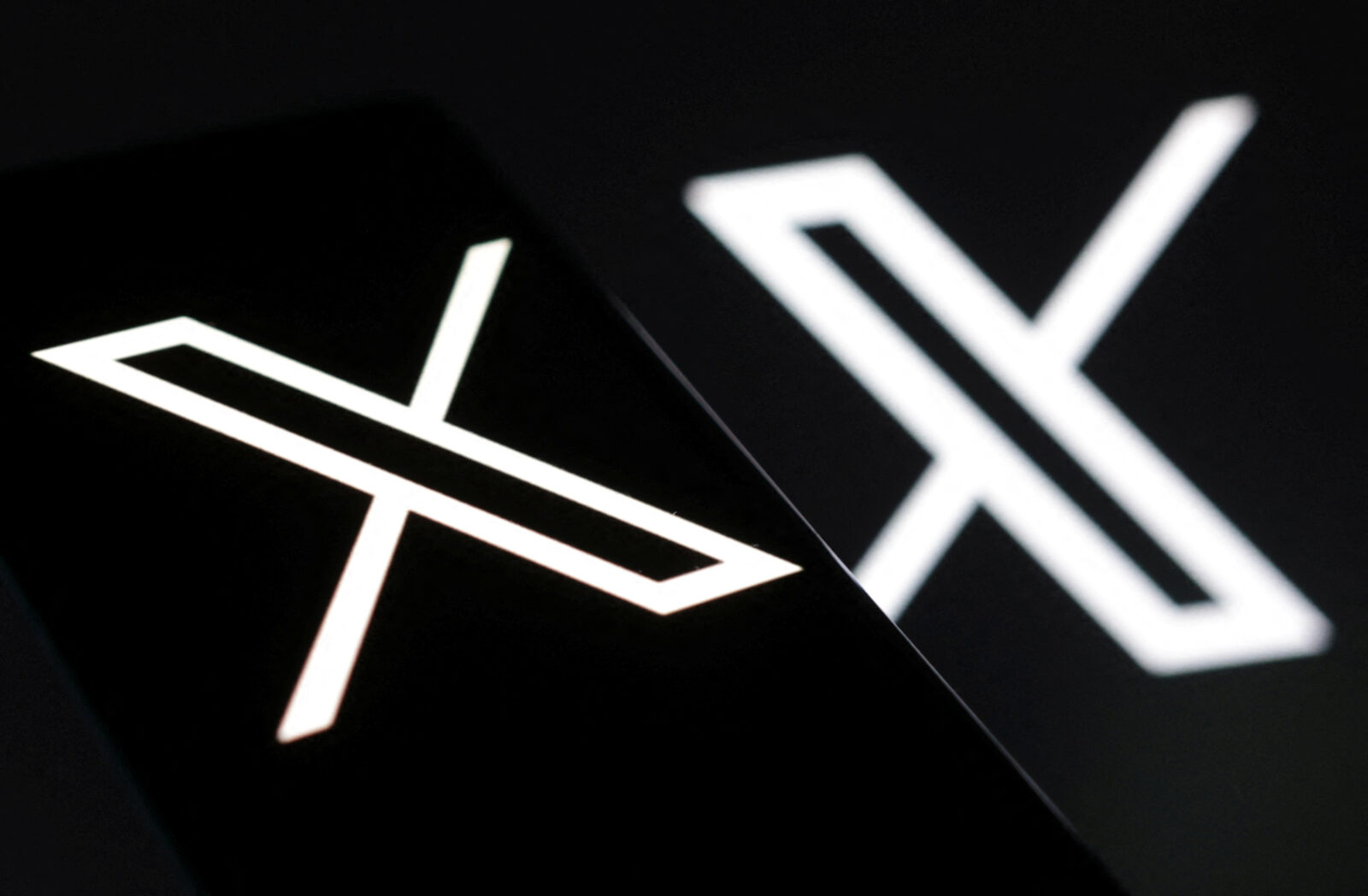From Brazil to China: How X faces bans across the world?
 Countries are increasingly banning or restricting X due to various issues (via Al Arabiya)
Countries are increasingly banning or restricting X due to various issues (via Al Arabiya)
Brazil’s Supreme Court has ordered the suspension of X, formerly known as Twitter, after a protracted legal battle with the social media platform’s owner, Elon Musk. The Court mandated this suspension due to the company’s failure to appoint a new legal representative in Brazil within the deadline set by Supreme Court Judge Alexandre de Moraes. The decision affects approximately 40 million Brazilian users who will lose access to the platform within 24 hours, making it the latest addition to the list of countries that have banned or suspended the social media service. Many countries around the world have banned the X platform.
Legal battle with Brazilian authorities
The legal confrontation between X and Brazilian authorities began in April when Judge de Moraes ordered the suspension of multiple X accounts accused of spreading disinformation, a directive with which the company did not comply. This defiance led to the current suspension order.
Financial penalties and restrictions
The judge also imposed a fine of 50,000 reais ($8,911) for any attempt to circumvent the block, such as using a VPN.

Musk’s response
In response to the decision, Elon Musk stated, “Free speech is the bedrock of democracy, and an unelected pseudo-judge in Brazil is destroying it for political purposes.”
Global context: Other countries banning X
Brazil now joins a growing list of countries that have banned or restricted access to X.
- China (2009): Banned X, along with Facebook, Flickr, and Hotmail, following the Uyghur protests in Urumqi that escalated into riots. The Chinese government suspected the platform was used to organize the unrest and spread misinformation. Blogger Michael Anti explained, “Twitter is a tool which can put all the sensitive things and sensitive guys together, very quickly. That’s the very thing that the Chinese government doesn’t want to see in China.” Over the years, this ban became part of the “Great Firewall of China,” a term used to describe the extensive censorship of Western internet platforms in the country.
- Russia (2022): The platform has faced increasing difficulties following an intensified government crackdown on dissent and free media after President Vladimir Putin’s decision to invade Ukraine. The Russian government restricted access to X, Facebook, and Instagram and blocked several independent Russian-language media outlets critical of the Kremlin. In 2021, Moscow imposed punitive measures on X by slowing down its speed, citing the platform’s failure to remove what it deemed illegal content. This is part of a broader movement by Russia to tighten control over the internet, which critics say threatens individual and corporate freedoms.
- Iran (2009): Banned X following protests against contested presidential election results that declared Mahmoud Ahmadinejad the winner. Iranians used X to organize protests and share their experiences, leading many journalists to dub the movement the “Twitter Revolution.” Author and columnist Reza Aslan told PBS, “There’s the one on the streets… But there’s also a revolution taking place in cyberspace.” Despite the ban, Iran’s Supreme Leader, Ayatollah Ali Khamenei, continues to maintain an account on the platform.

- Myanmar (2021): Following a military coup, the new ruling authorities ordered mobile networks and internet service providers to block X and Instagram. Social media users had been leveraging these platforms to protest the coup, share symbols of resistance, and criticize the military for detaining civilian leader Aung San Suu Kyi and other officials. The Ministry of Communications and Information Technology claimed the block was for the sake of “stability.”
- North Korea (2016): Announced that it was blocking X, alongside Facebook, YouTube, and several South Korean websites, as part of efforts to control external information. The announcement stated anyone accessing these sites in an “improper” way or distributing “anti-republic data” would face punishment under North Korean law.
- Turkmenistan (2018): Blocked social media apps such as X, WhatsApp, and Facebook, along with foreign news and opposition websites. The country, one of the world’s most isolated regimes, ranks low on global rights and press freedom indices, making many platforms “often inaccessible.” Despite this, Turkmenistan introduced its first privately developed messaging app, BizBarde, to facilitate communication.
- Uzbekistan: Has also banned X, consistent with the region’s stringent censorship rules.



